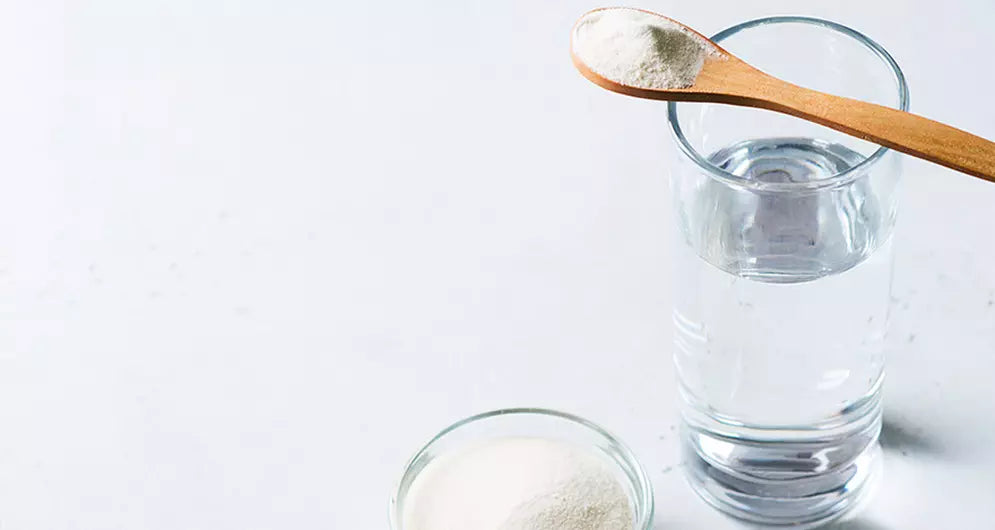There are many collagen supplements available today, but have you ever wondered just where that collagen is sourced from? Did you know you can get collagen from foods? Take a look at some collagen dietary sources and how you can help to make the most of it.
Where Does Collagen Come From?
To begin, there are various animal-based sources of collagen. As you learned in part one of the collagen series – collagen is the most abundant protein found in the body. It’s found within connective tissues such as joints, ligaments, tendons and cartilage. Similar to humans - collagen can also be found within animals skin and connective tissues. Therefore, many supplemental products you see are generally derived from tissues like hides, skin, scales, knuckles, and other cartilaginous tissues. The type of collagen used is largely determined by the part of the animal used. For example, there are three main types of collagen: types I, II and III. Type I and III are generally derived from hides, skin, and scales. Type II is typically sourced from knuckled and other cartilaginous tissues. The four main sources used to manufacture collagen include bovine, porcine, poultry and marine.
Is Collagen Found in Food?
Collagen can be derived from select dietary sources. The most well-known source of collagen is bone broth. Bone broth can be a source of collagen if prepared properly. You can start with any type of animal bones from chicken, beef, pork, etc. You may use any type of bone/s such as knuckles, feet, marrow bones, short ribs, and/or oxtail. The bones should be simmered for upwards of 18+ hours to help break down the bone to release collagen and other nutrients. Once cooked and cooled, the broth should begin to thicken and gel. Beyond bone broth, you can find collagen in gelatins and from fish consumed with scales on. So, we know collagen can be found in animal-based sources, but what about plant? Unfortunately, plant sources do not naturally contain collagen. Plants contain cellulose, which helps to provide structure, whereas animals contain collagen for structural support. So, why do we often see plants getting recognized as a source of collagen? Select plant-based sources may play a role in production of collagen, but again do not contain collagen itself.
Which Nutrients Help Support Collagen Production?
You may see that foods such as berries and citrus fruits credited as good sources of collagen. However, these dietary sources do not contain collagen. Instead, there are select nutrients that can help to aid in collagen synthesis or the production of collagen. For example, vitamin C is a micronutrient needed in sufficient amounts for collagen synthesis to take place. It also helps to preserve existing collagen. Without it, collagen formation is disrupted. In addition, minerals such as sulfur, copper and zinc also help to play a role in collagen synthesis. Deficiencies in these minerals, may limit the body’s ability to make collagen. Here are some foods that may help to support collagen synthesis, as part of a healthy, balanced diet …
Vitamin C: grapefruit, oranges, strawberries, kiwi, guava, mangos, bell peppers and broccoli.
Sulfur: beef, poultry, fish, eggs, beans, Brazil nuts, pumpkin seeds, soybeans and quinoa.
Copper: shellfish, sunflower seeds, kale, shiitake mushrooms, sweet potatoes and chickpeas.
Zinc: chicken, red meat, salmon, nuts, hemp seeds, lentils, yogurt, oatmeal and spinach.
If possible, then start with a food-first approach. Remember, collagen is found in animal-based sources and select plant-based sources can help support its production. If you’re looking for a convenient way to take in collagen, then supplements may be a good solution for you. Want to learn more? Check out part 4 of the collagen series to learn more about the different types.





